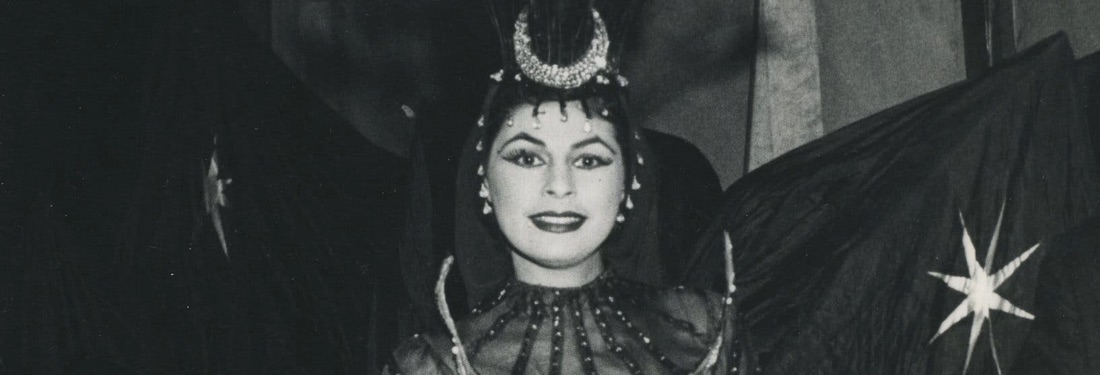
Lawrence Gilman in the Herald Tribune:
We recognized the Unknown Prince Calaf, the son of Timur, disguised as Mr. Lauri-Volpi; for if we had not known him by his princely garb of purple velvet and jade green and the comely figure that he made, we should have known him by the pealing of his trumpet-voice as Eve, so she told Adam, recognized the Tiger by his stripes. Mr. Lauri-Volpi has not forgotten how to fling a high B-flat into an enraptured auditorium although last night he had to wait until the Princess Turandot had come and gone before he got his chance at the conclusion of his insensate apostrophe to the ruinous beauty of that imperial sadist. Nor did we fail to esteem the virtues of Mr. Ludikar’s embodiment of Timur, the exiled Tartar king, nor Mr. von Wymental’s adroit and expressive handling of the crowds, and the vitality of the choral singing.
But it was again Jeritza, as it was last season, who gave edge and saliency to the lyric drama. None of the other chief characters quite comes to life in this performance – though it is possible that a singing actor more richly endowed with imagination and projective skill than Mr. Lauri-Volpi might give to the venturesome Calaf the stir and hue of romantic verisimilitude. It is still the high integrity, the fusing intelligence, the taut and passionate intensity of Jeritza’s performance that focuses whatever of interest the opera possesses, and centers it in this impersonation of burning and bitter beauty.
The fluent grace and. power, the instinct for rhythmic line, the feeling for pose and gesture and accent, the sleepless sense of the theater, that remove Mme. Jeritza so many countless leagues from the flatness and conventionality of that bleating semaphore, the average opera singer,and make it possible for her to touch with a perturbing and caustic passion the harshness and barrenness of the musico-dramatic material with which she is compelled to deal in this excessively difficult rôle. She acted last night with all her old command of tension and of climax, and she delivered with prodigal tone and unrelaxing fervor (barring a slight mishap at the beginning of her second act scene) the cruel music that the score allots to her with so wicked persistence. . . .
As for Puccini’s score, it impressed us more definitely than ever before as vehemently and tragically vacuous. Puccini in his last years was reaching out after new ideas, a new technique, a subtilization of style and feeling. For that he deserves as an artist ungrudging praise and honor. He did not need to change, to subtilize; his vast and idolatrous public would have been content to have him go on to the end of time, turning out replicas of “La Bohème” and “Madame Butterfly.”
Happy Halloween Parterrians!
On this day in 1949 Marc Blitzstein‘s opera Regina opened on Broadway.
Birthday anniversaries of director and interviewer August Everding (1928) and soprano Bozena Ruk-Focic (1931).
Happy birthday to Countess de Orsk at the Grand Ducal Council of San Francisco Dusty Pörn!

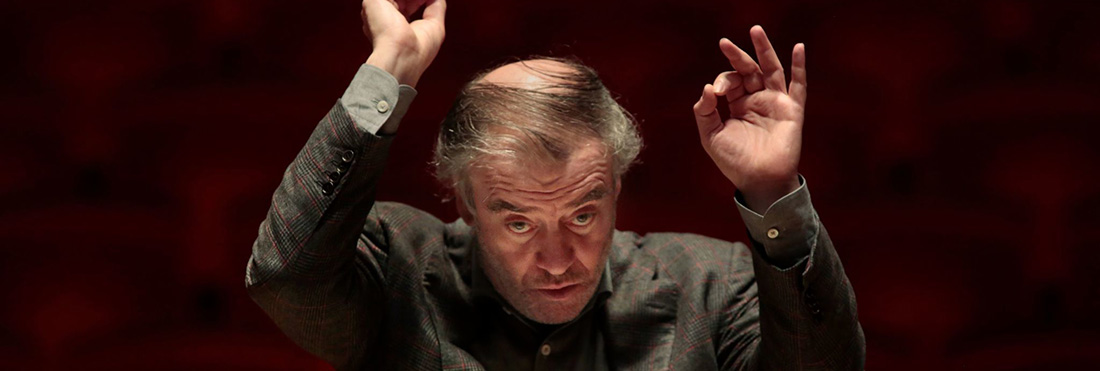

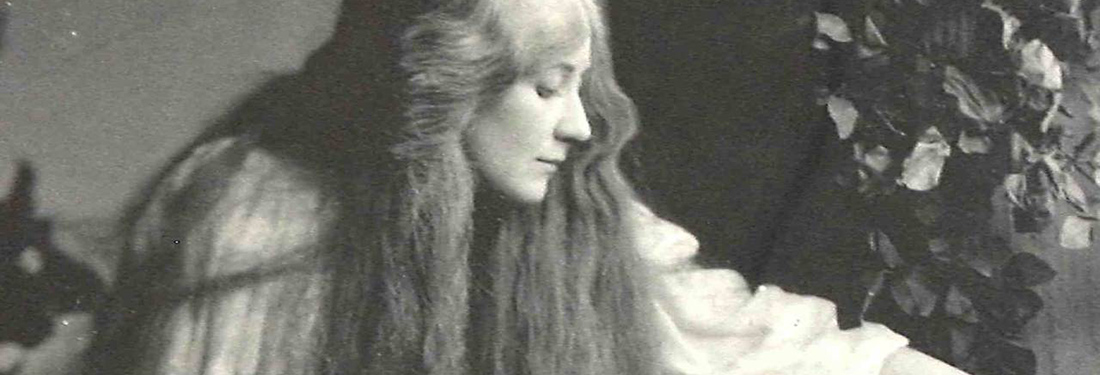

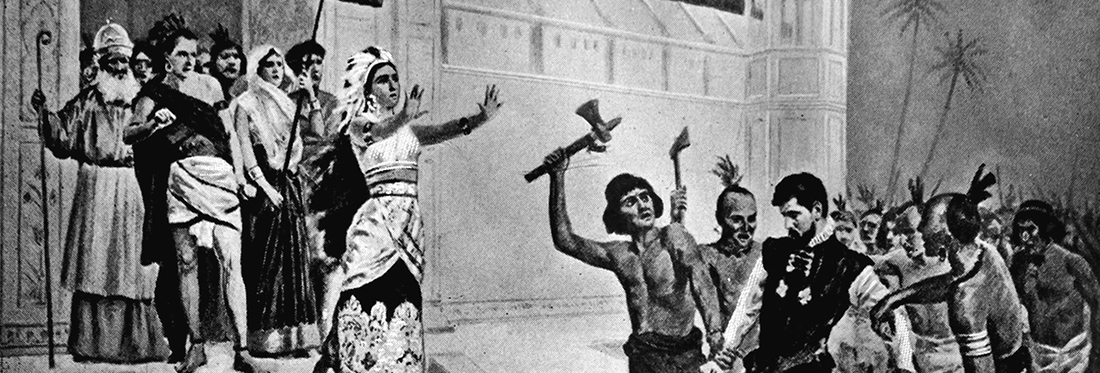
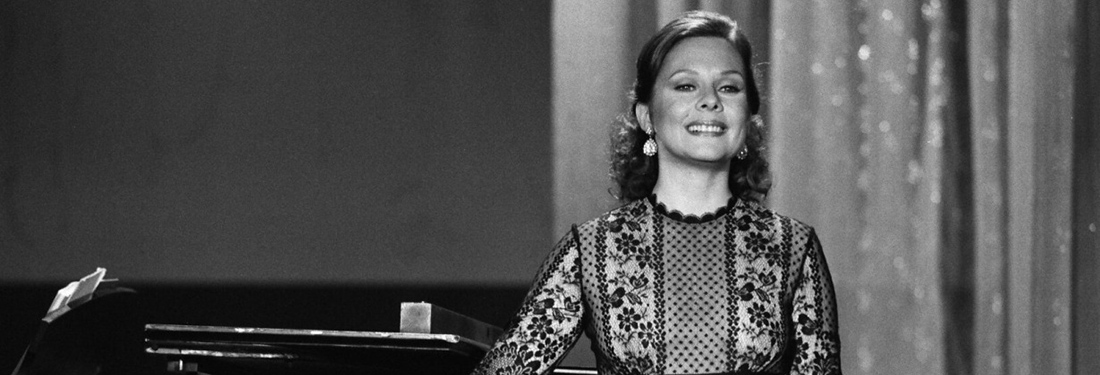
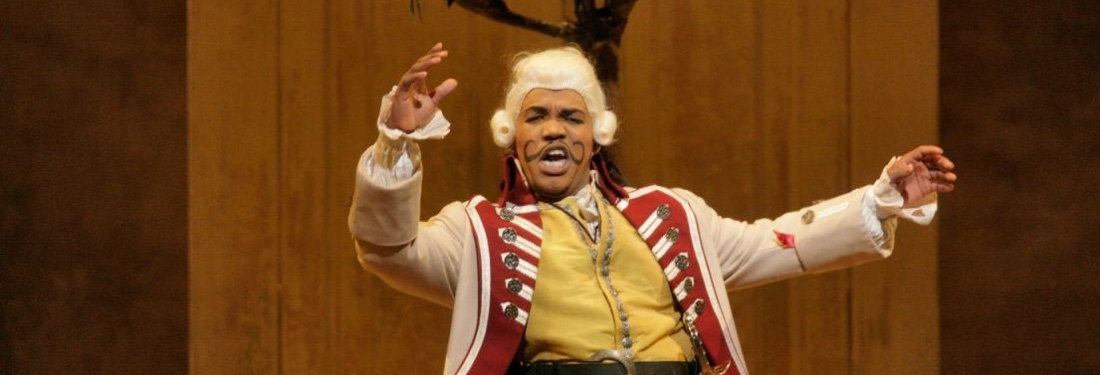
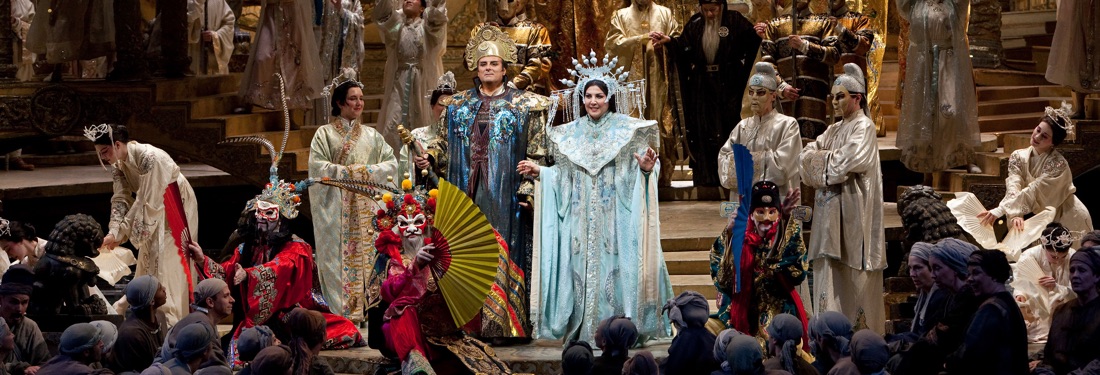
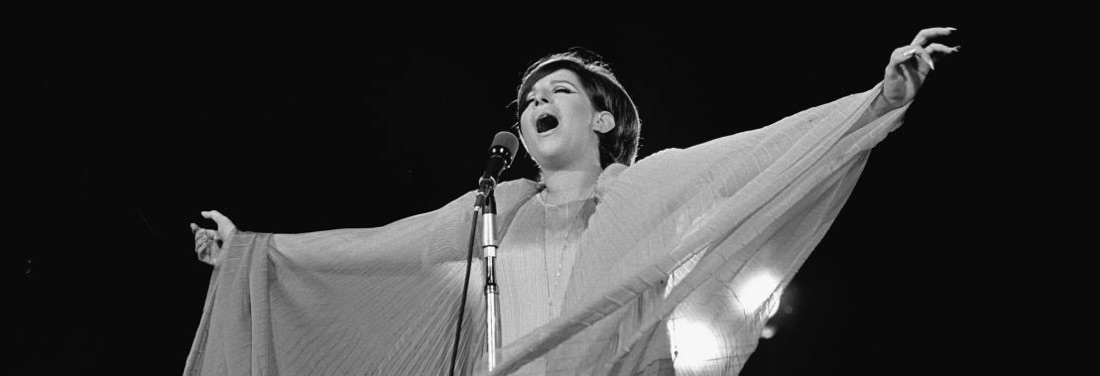


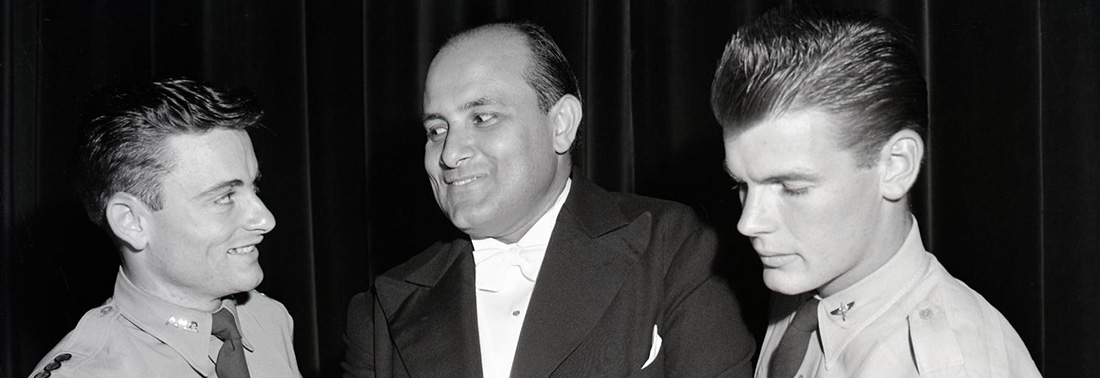
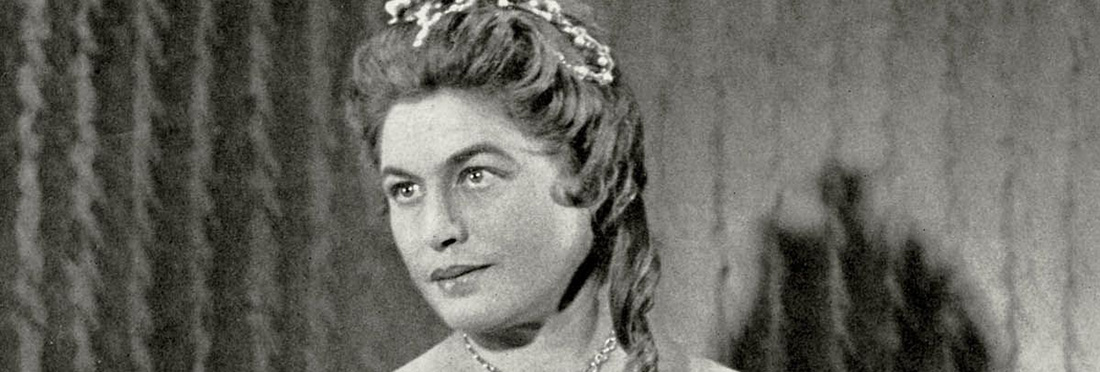

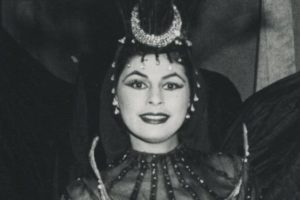







Comments